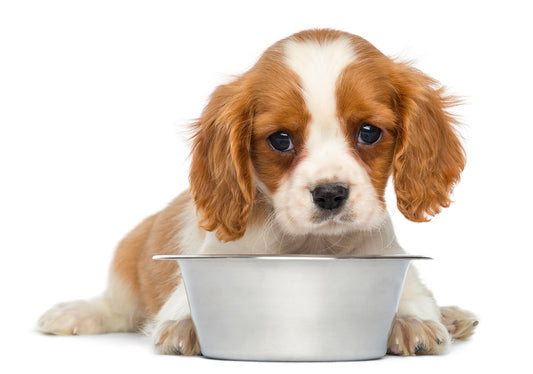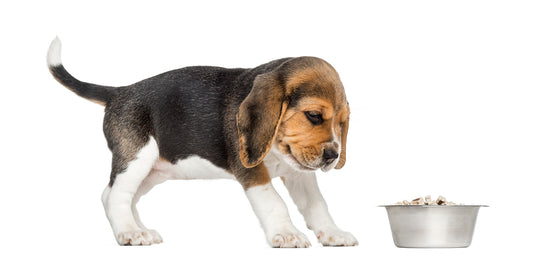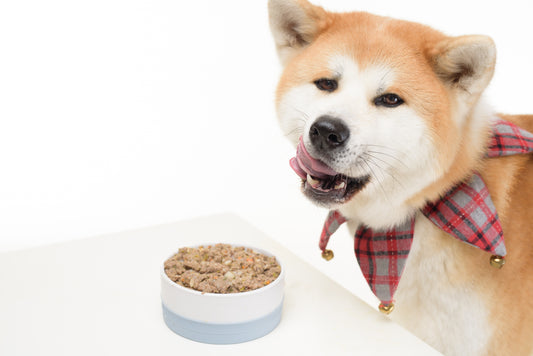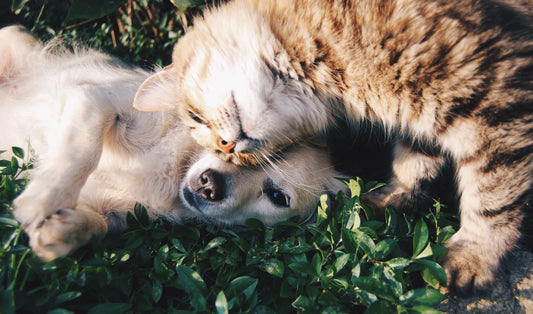Every kid knows that cats love milk and fish, since this is what cartoons and children‘s books teach them. Garfield prefers lasagna though and Tom seems like a real carnivore when hunting Jerry!

It is considered almost naturally that cats eat fish and drink fresh milk. Many commercial pet foods are fish based and artificial formulas are marketed as "cat milk" for adult cats.
Kittens do drink milk of course, they either consume the mother cat’s natural milk or are nursed by a human with special kitten formulas (if they don’t have a mommy).
These milks are not the kind we want to focus on in this article. Let’s rather talk about feeding milk to an adult cat, is it good or bad?
First of all, the human is the only mammal that consumes milk as a grown-up! The reason is very simple, we can "steal" the milk from other mammals. Naturally, female animals (and humans) produce milk during lactation only, in order to feed their infants. Once the babies are old enough to consume solid foods, the milk production of the mother stops.

In order for us humans to get milk from cows or other dairy animals, the mothers are separated from their babies so they can feed us humans instead. In the animal world, this does not happen!
So should cats drink milk too?
All adult cats are Lactose intolerant! They simply do not have the ability to process Lactose because they lack Lactase, an enzyme in charge of breaking down the Lactose and make it digestible. Lactose itself is a carbohydrate, thus a sugar, and cats have a very poor capability of digesting sugars. So apart from lacking the important enzyme for Lactose break-down, they also can’t handle carbohydrates well in general. In the case of Lactose, they can‘t tolerate more than 2 grams of the milk sugar per kilo body weight, so this would be 8 grams for a 4 kg cat, contained in approx. 40-50 ml of cow milk and goat milk. Lactose-intolerance causes digestive disorders like flatulence, diarrhea and stomach ache, and cats with an unhealthy gastro-intestinal tract are affected even more severely.

Out of these reasons, feeding dairy products to your kitty is not a good choice! Commercial milk formulas for adult cats contain many additives and artificial flavors and should be avoided. If you still would like to offer some milky drink for your cat, we recommend to use dairy products low in Lactose, for example Greek Yoghurt (max. 70 ml) or other fermented dairy foods. These kind of milk products undergo fermentation by certain bacteria (e.g. lactobacilli), which break down some of the Lactose but not all of it. The best drink for the cat is water!
And how about fish?
Cats originate from the desert. As desert animals, they naturally just don’t have the habit and need to catch fish. Nowadays, since cats have spread to many places in the world, they eventually got to like fish too. Wild felines that live by the ocean or other waters, catch some fish now and then; pet cats that have access to outdoors might hunt some fish in the neighbor’s pond.
The main issues with fish are heavy metal pollution due to contamination of the oceans, overfishing and industrial fish farming. Farmed fishes have a significantly lower nutritious value as they are poor in Omega 3 fatty acids and rich in antibiotics and other chemicals that the fishes consume themselves while breeding.

Another major concern about feeding fish is its power to destroy Vitamin B1 (Thiamine) in the body of the consumer! Vitamin B1 is crucial for the nervous system functions and health. Many fish sorts contain the so called Thiaminase, an enzyme that destroys Thiamine (Vitamin B1), causing a lack of it for the body.
How to prevent from this?
Since enzymes are very heat-sensitive, Thiaminase can be easily deactivated by cooking the fish! So if you want to offer some fish to your cat from time to time, we recommend to steam or boil it before feeding. Some fishes are Thiaminase-free or contain less of it, for example wild salmon, sprat and eel. But the freshness of the fish has a big influence on the Thiaminase-content as well, if a fish stinks like fish, it is better not to feed it raw!
Fish can be a delicacy for your cat but should not be the base of its nutrition, thus only fed once or twice a week. If you want to offer small amounts of fish as treats or supplements for Omega 3 fatty acids, you should choose wild, unprocessed fish and preferably heat it before feeding. Then, it is certainly a healthy enrichment for your cat’s diet.







106 comments
It’s very trouble-free to find out anyy matter on web as compared to
books, as I found thos pargraph at this web site. https://zeleniymis.com.ua/
It’s very trouble-free to find out any matter on web as
compared to books, as I found this paragraph
at this web site. https://zeleniymis.com.ua/
cytotec online free delivery purchase cytotec canada cytotec order buy misoprostol online without rx cytotec alternatives overnight cheap cytotec fullscript pharmacy cytotec order online without script best price on net; misoprostol with no prerscription overnight where to purchase cytotec In Ireland on the web? cheap cytotec in the UK cytotec generics purchasing cytotec overnight delivery get order fast
order cytotec without a prescriptions buy discount cytotec online purchase cytotec overnight purchase misoprostol USA no rx cytotec quick delivery order cytotec no prescription needed get online discount discount cytotec in the Usa cost at cvs. cheapest generic misoprostol best drugstores to buy serax online no rx needed buy cytotec 200mcg overnight genuines cytotec buy buy generic cytotec Usa discounted best prices
Hi there, its pleasant post concerning meia print, we all know media is a fantastic source of facts. https://odessaforum.biz.ua